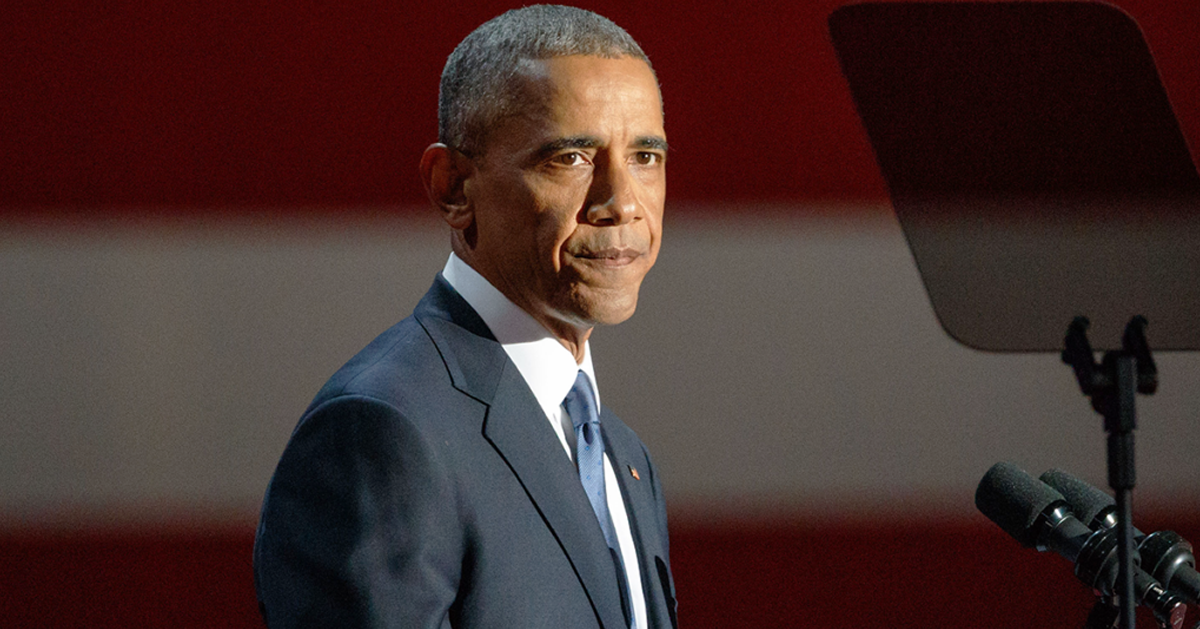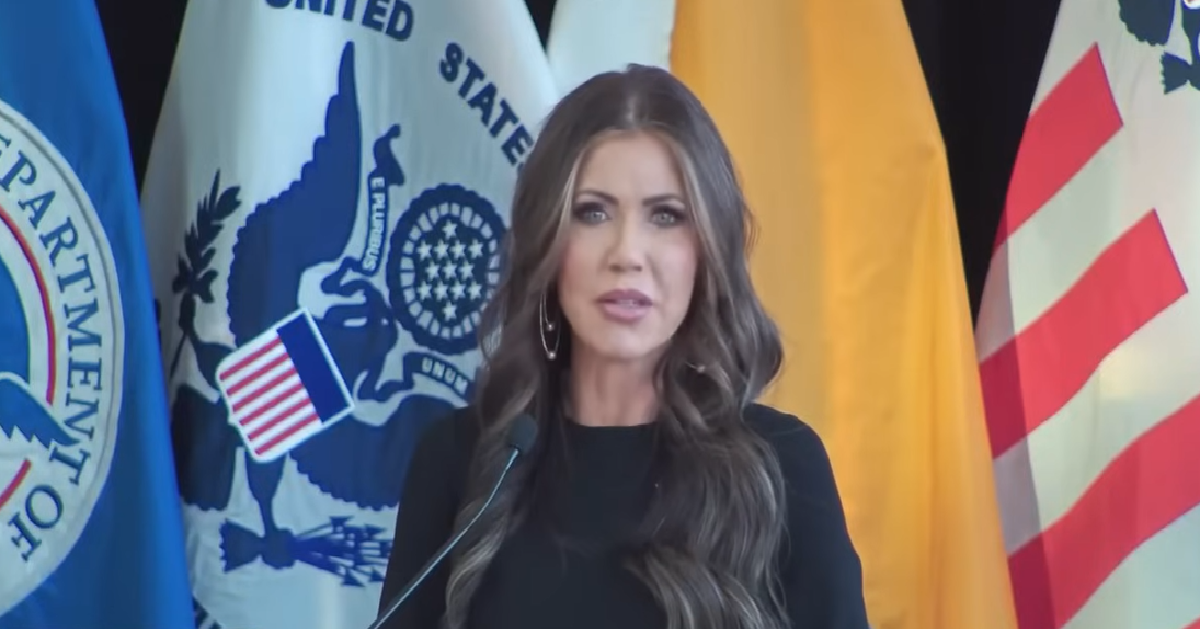Senate Republicans approve of Trump's strikes on Iran, vote down Dem resolution to limit president's military authority
In the lead-up to and aftermath of the recent precision U.S. airstrikes on the Islamic Republic of Iran's nuclear facilities, most Democrats and even a few Republicans sought to constrain President Donald Trump's ability to take such military action against the Iranian regime.
On Thursday, however, a majority of the U.S. Senate voted to approve the president's authority to conduct limited military engagements, such as the surgical strikes against Iran, without first seeking explicit authority from Congress, according to Fox News.
The Senate vote essentially confirmed a law that has existed since the early 1970s that allows a president to use military force against another nation if such action is deemed necessary, provided that Congress is quickly notified and periodically kept informed of the status of the situation.
Kaine's resolution voted down
In the days before President Trump ordered precision airstrikes on three of Iran's nuclear facilities that reportedly "obliterated" the regime's illicit nuclear weapons program, Sen. Tim Kaine (D-VA) introduced a resolution that would have prohibited Trump from taking any military action against Iran without explicit congressional authorization following a public debate.
That resolution failed on Thursday by a nearly party-line vote of 47-53, with Sen. John Fetterman (D-PA) joining most Republicans to approve the president's existing war powers and Sen. Rand Paul (R-KY) joining most Democrats to further constrain the president's authority as commander-in-chief.
"The Framers of our Constitution gave Congress the power to declare war because they believed that the decision to send our nation’s men and women in uniform into harm’s way was too big for any one person," Kaine said in a statement after his resolution was voted down. "The Trump Administration’s chaotic strategy on Iran confused the American people and created significant risks for servicemembers and their families."
"I am disappointed that many of my colleagues are not willing to stand up and say Congress needs to be part of a decision as important as whether or not the U.S. should send our nation’s sons and daughters to fight against Iran," he added. "I will continue to do all I can to keep presidents of any party from starting wars without robust public debate by Congress."
Trump has the same authority that other presidents previously used
According to CBS News, President Trump formally notified Congress of the airstrikes on Iran on Monday, as required by existing law, and senior administration officials more fully briefed relevant members of the House and Senate on Thursday, but many Democrats remained unsatisfied and unconvinced of the necessity or reported success of the bombings.
Most Republicans, however, expressed their approval and support for the military action, as well as that Trump acted appropriately within his existing authority, including Senate Majority Leader John Thune (R-SD), who said, "I don't think there's any question the president has the authority legally and constitutionally to do what he did."
"There are always questions around these things, but past presidents and both political parties have similarly acted in circumstances where there've been airstrikes at various places around the world where our national security interests dictated it," he added.
Indeed, CBS News highlighted just a couple of examples of prior presidents taking limited military action against other nations without first obtaining explicit authorization from Congress, including former President Bill Clinton's air campaign against the former Yugoslavia in 1999 and former President Barack Obama's airstrikes against Libya in 2011 -- though numerous other examples could also be cited.
Similar resolution stalled in the House
CBS News reported that Sen. Kaine's resolution was a companion to similar legislation introduced in the House by Reps. Thomas Massie (R-KY) and Ro Khanna (D-CA), which was cosponsored by more than a dozen other Democrats, which would likewise prevent President Trump from taking any military action against Iran without first asking Congress for explicit permission to do so.
However, given the apparent success and limited nature of Trump's strikes on Iran's nuclear facilities, not to mention the ceasefire he helped broker to end the fighting between Israel and Iran, Massie has since backpedaled from his resolution, and House Speaker Mike Johnson (R-LA) has indicated his belief that there is no longer any need to consider bringing it up for a floor vote.
"It's kind of a moot point now, isn't it?" Johnson told reporters on Monday of the resolution. "It seems rather silly at this point, and I hope they'll acknowledge it as such and put it to bed because it has zero chance of passing anyway."





